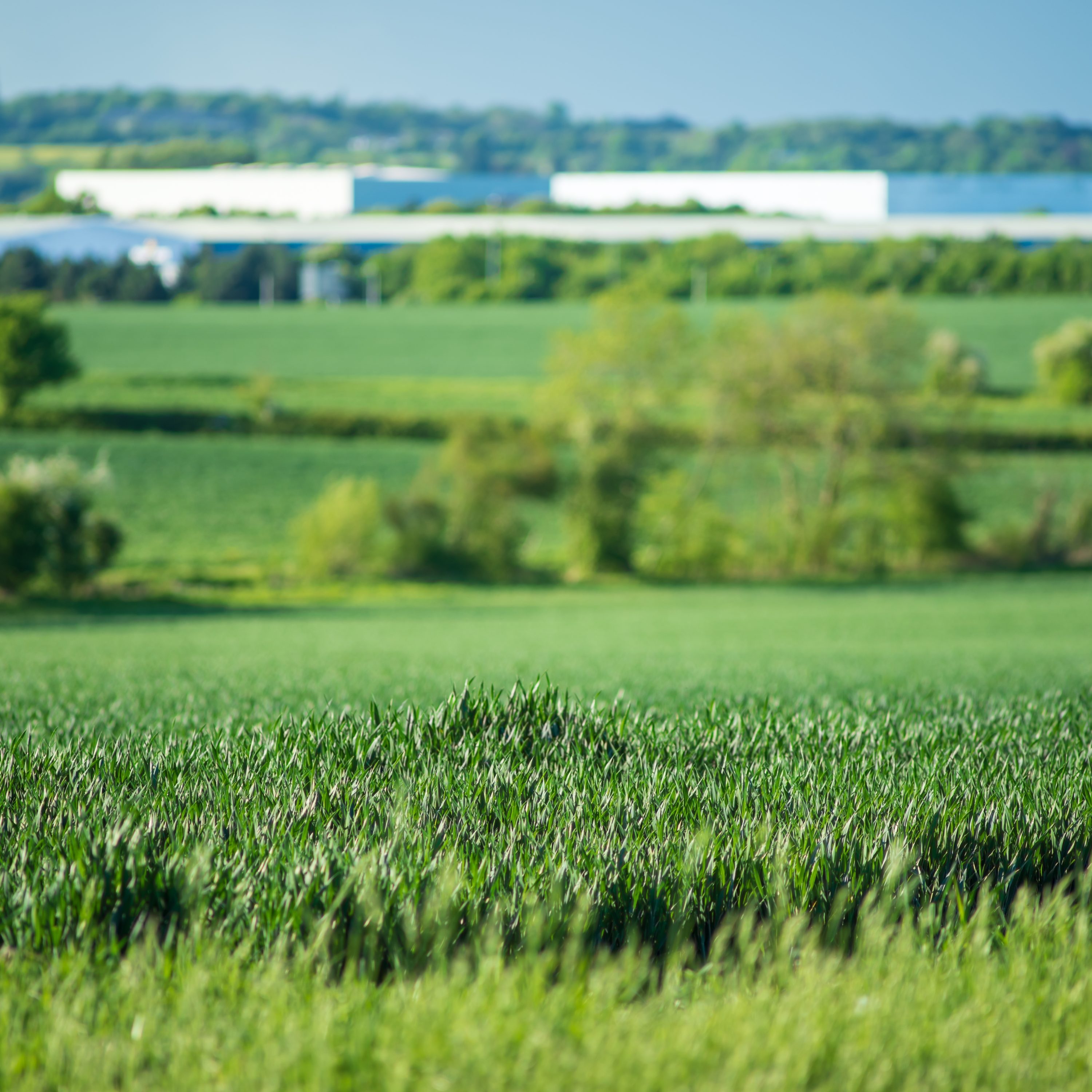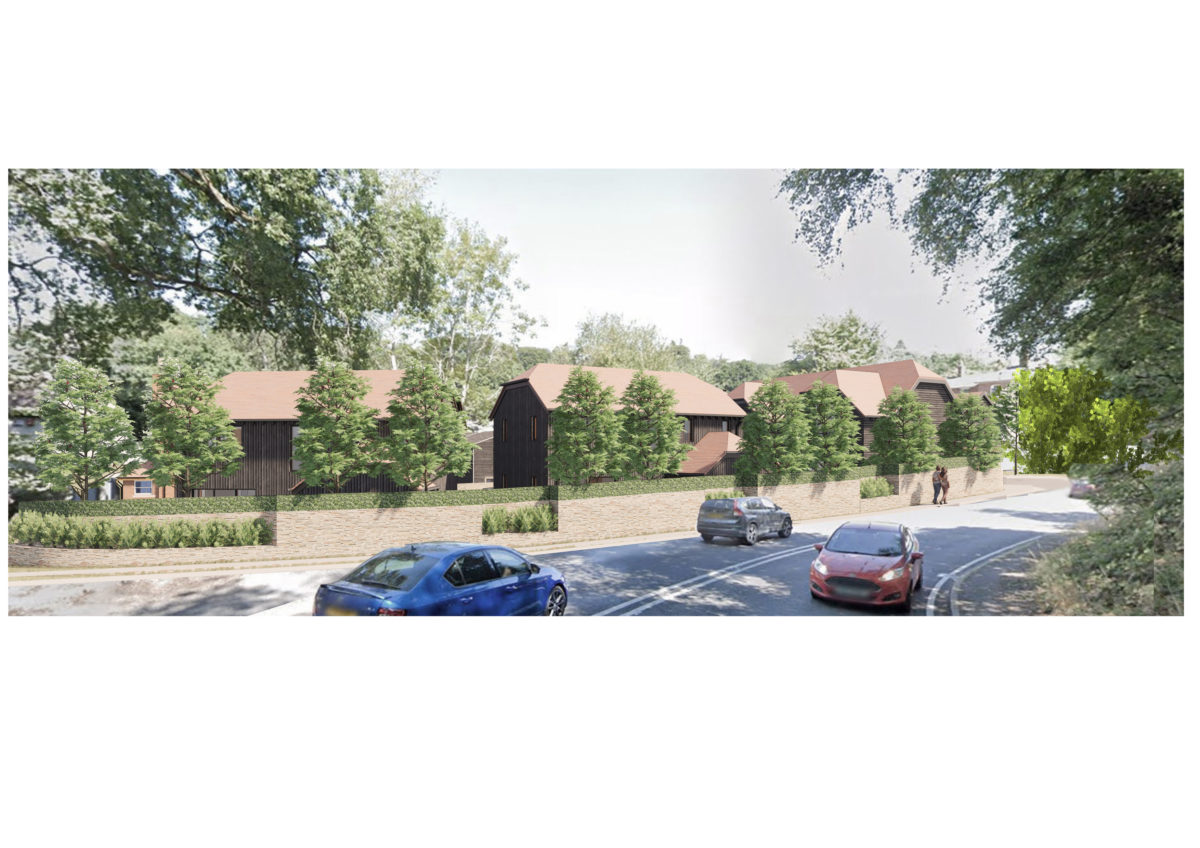

Supporting the growth of businesses in rural areas
The National Planning Policy Framework (NPPF) continues the Government’s support for the growth and expansion of all types of business in rural areas. The guidance encourages the development and diversification of agricultural and other land-based rural businesses, sustainable rural tourism and leisure developments which respect the character of the countryside.
Paragraph 85 of the NPPF notes an acceptance that the requirements of rural businesses cannot always be met within or adjoining settlements or in areas well served by public transport. In these circumstances, it will be important to ensure that development is sensitive to its surroundings and does not have an unacceptable impact on local roads. Development proposals can also exploit opportunities to make a location more sustainable, for example by improving the scope for access on foot, by cycling or by public transport. Engrained in national guidance there is still a focus on the use of previously developed land, and sites that are physically well-related to existing settlements, where suitable opportunities exist.
The national level guidance eventually filters down to the preparation of Local Plans with detailed policies for planning applications to be assessed against. If the Local Plan is out of date, the national level guidance can take precedence.
Bell Cornwell have recently used the above Government guidance to our advantage in securing planning permission for a commercial fuel business within the Hampshire countryside. The site had a number of constraints namely being in open countryside and outside of the settlement boundary. The proposed use and development were not considered to be visually attractive. We had to provide a robust planning statement outlining the important economic benefits of the proposal and making the case that the benefit of the retention of local jobs and an important local business outweighed the harm perceived from the visual impact of the development on the rural setting and surrounding countryside. In resolving the Council’s concerns, we obtained a delegated planning approval with no pre-commencement conditions, which allowed the client to start quickly on site.
Bell Cornwell have also assisted other clients in securing planning permission for rural businesses in the countryside including the partial demolition and conversion of an agricultural building to provide a day health spa facility in Hampshire and achieving planning permission for a new restaurant building at a garden centre in Devon. Both of these applications required us to demonstrate that the proposals would support local employment opportunities and improve the rural economic growth in the local area.
There is also support for rural businesses within the General Permitted Development Order 2015 (as amended), in particular, Part 3, Class R which permits the change of use of agricultural buildings to a flexible use falling within Class E (commercial, business or service), Class B8 (storage or distribution), Class C1 (hotels). There are a number of criteria which must be adhered to, but it is another example of Government support for diversifying agricultural buildings and encouraging investment in rural settlements.
As planning consultants, our expertise allows us to look at the national and local planning policy framework and find ways to use it to achieve your objectives. We work with you to develop a strategy to put our client’s in the best position to succeed.










